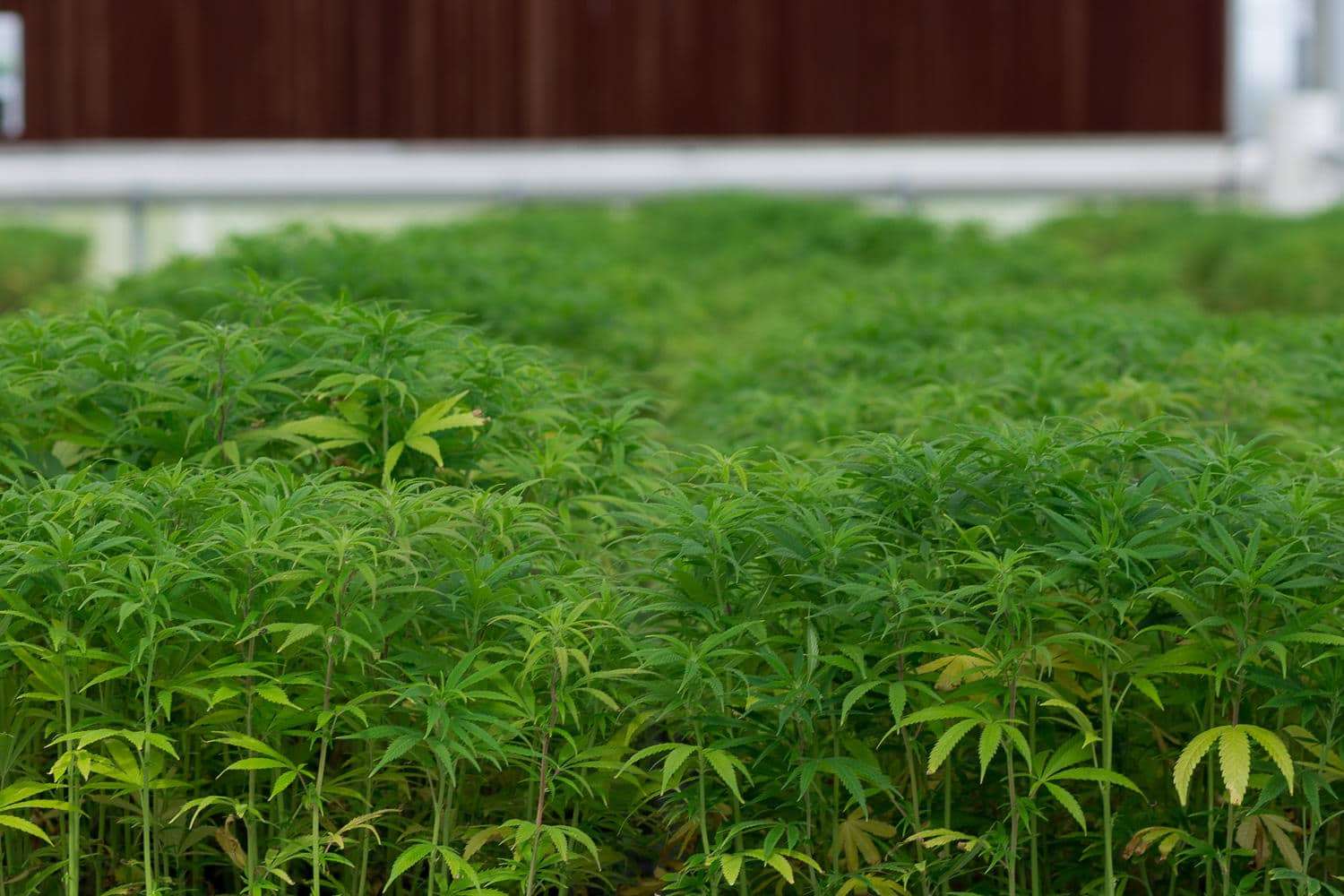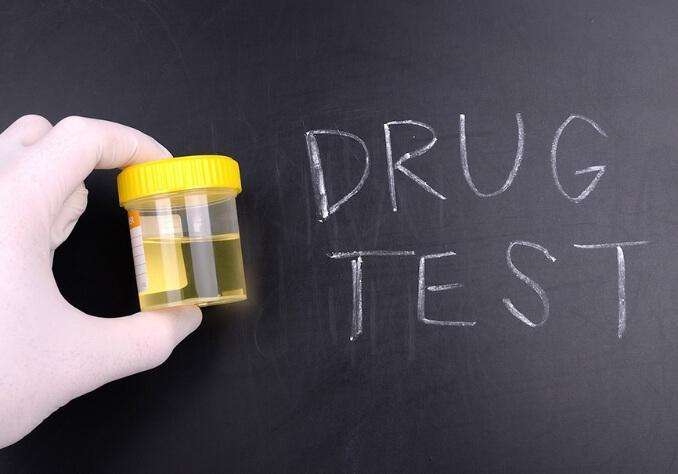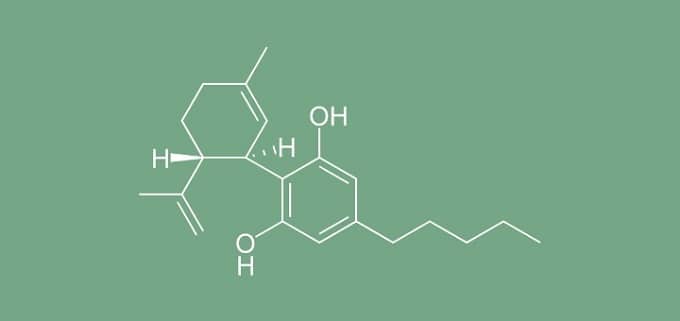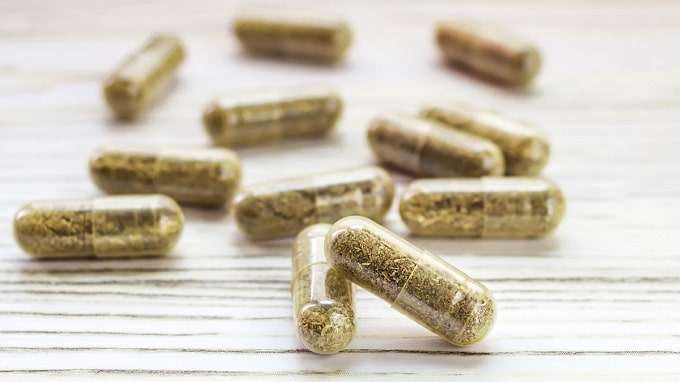There’s no denying that the CBD market is booming.
The cannabinoid has taken the world by storm and is considered one of the hottest health trends ever.
There are new CBD companies created all the time, all interested in attaining a piece of the industry that’s estimated to grow 700% by 2020 and be worth $2.1 billion.
Let’s not forget, though, that the CBD industry is basically brand-new…and there’s still a ton of misinformation circulating about this beneficial cannabinoid.
We’re here to clear up the confusion.
Separating Fact from Fiction: The Top 10 Myths & Facts About CBD
1. Myth: CBD Gets You High

While CBD and THC are both derived from the Cannabis sativa plant (which includes hemp and marijuana), CBD does not get you high.
CBD is a non-psychoactive cannabinoid, meaning it does not produce any mind-altering effects.
Yes, CBD could make you feel more relaxed (due to its anti-anxiety properties).
As far as the high associated with marijuana goes, you’re not going to find it in CBD. Why is this, though?
If both CBD and THC come from the plant, shouldn’t they both get you high?
Not exactly.
While both THC and CBD are cannabinoids (chemical compounds found in cannabis), they act very differently when consumed.
Discover: Cannaflower CBD
THC gets you high because it binds to the CB1 cannabinoid receptor, an active neuron in the brain that triggers the psychoactive effects of cannabis.
CBD is different. While it is an active cannabinoid, it does not bind to CB1 or CB2 receptors.
Instead, CBD works by regulating various non-cannabinoid receptors throughout the body.
A couple of these include: 5-HT1 serotonin receptors (responsible for the anti-anxiety effects) and TRPV1/vanilloid receptors (responsible for regulating inflammation, pain perception, and body temperature).
Simply put, CBD doesn’t get you high because it doesn’t bind to the receptors that are responsible for getting you high.
2. Myth: All CBD is the Same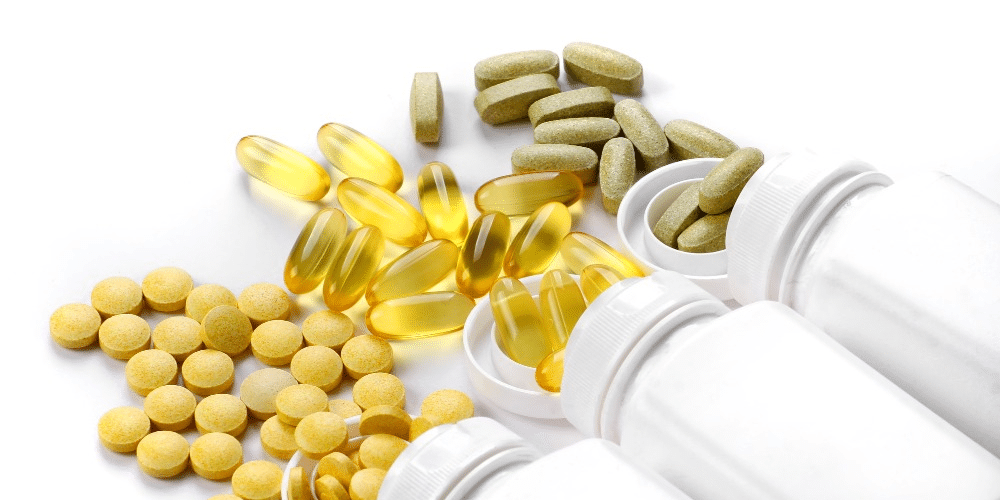
There’s something very important you need to understand if you’re interested in using CBD.
Not all CBD is created equal.
Because CBD isn’t recognized by the FDA, the market is largely unregulated. This means anyone can make CBD products and claim they’re legit.
The problem is, not all CBD oil and CBD products are high-quality…and because of this they don’t always offer the therapeutic effects CBD is known for.
When purchasing CBD it’s important to make sure the company offers third-party lab testing results.
Transparency is key when it comes to CBD. The companies selling high-quality CBD have the current lab results to prove it.
3. Fact: CBD is Safe & Can Be Used by People of All Ages
When CBD is sourced from high-quality hemp cultivated in rich soil under favorable growing conditions, it’s considered safe and non-toxic.
In fact, the World Health Organization (WHO) put out a report in November 2017 showed that CBD doesn’t contain any adverse health effects and is well-tolerated in both animals and humans.
In fact, CBD is considered safe enough for people of all ages…including children. You’ve likely heard about children with severe epilepsy taking CBD to help reduce seizures.
Increasing research and anecdotal evidence has shown that CBD given to children who experience seizures on a regular basis significantly reduces the number of seizures they experience…without any unwanted side-effects.
There are also countless parents who give their children CBD to help manage symptoms of ADHD and other anxiety disorders.
Despite the excellent safety profile of CBD, we recommend speaking to your doctor and pharmacist before you start taking CBD as drug interactions and side effects are possible.
4. Fact: CBD is Legal in All 50 States
Perhaps one of the most confusing aspects of CBD is its legality.
The laws regarding CBD at a state and federal level are still very unclear, which in some cases might deter individuals from trying it.
Here’s the thing. Yes, CBD is legal in all 50 states, but there are certain instances when it isn’t legal.
There are a few factors that determine its legality, with the most important being whether the CBD is derived from hemp or marijuana.
The legality is determined by the source of the CBD.
Hemp and marijuana are both from the same plant family, Cannabis sativa.
The difference, however, is that hemp plants contain 0.3% THC or less, where marijuana can contain up to 30% THC or more.
Because hemp doesn’t contain enough THC to produce psychoactive effects, it’s considered legal in the US.
Conversely, there are CBD products derived from both hemp and marijuana…and it’s here where legality can get confusing.
In states with recreational marijuana laws, CBD derived from both hemp and marijuana is completely legal.
These include: California, Colorado, Washington, Alaska, Maine, Massachusetts, Oregon, and Nevada.
In states with medical marijuana laws, CBD derived from marijuana is legal with a prescription, yet laws vary between states regarding THC levels in CBD products.
These laws though, only pertain to CBD derived from marijuana.
Hemp-derived CBD that contains 0.3% or less THC is completely legal in all 50 states.
5. Myth: The Bigger the Dose, the Better
Read: How Much CBD Should I Take?
When it comes to taking CBD dose size really does matter.
While there’s a common assumption that the bigger dose you take will offer better relief, this isn’t true in the slightest.
While you’re not going to fatally overdose if you take too much CBD (it’s actually impossible), taking too much may lessen its effectiveness. Bigger isn’t always necessarily better.
There’s something known as the “sweet spot” when it comes to CBD, which is the precise dose that works for you personally.
Everyone is different when it comes to their own individual sweet spot, which is why its recommended to start out with the lowest dose possible and work your way up to the amount of CBD that works for you.
6. Myth: CBD Won’t Show Up in a Drug Test
Read: Will CBD Make Me Fail a Drug Test?
Anyone interested in taking CBD should be aware that the small amount of THC present in some products (0.3% or less) could show up in a urinalysis (drug test).
If you’re someone who is regularly drug tested for work or any other reasons, you can avoid THC showing up in a drug test by avoiding all full-spectrum CBD products.
Full-spectrum CBD is made with the entire plant and does contain trace amounts of THC.
To bypass this, many companies produce what is known as “CBD isolate”, a pure crystalline powder that contains 99% pure CBD.
To create CBD isolate, all the plant matter that is contained in the hemp plant is removed through a purification process that follows the extraction process.
What remains is a final product that only contains CBD…without any THC that might potentially be picked up in a drug test.
Note: Instead of products made with CBD isolate, you can also choose products which fall into a category called: “Broad Spectrum CBD”.
This is simply a CBD product with all the benefits of full spectrum products (terpenes, minor cannabinoids, and other natural parts of the cannabis plant) but WITHOUT the THC.
7. Fact: CBD Works in Harmony with the Body’s Endocannabinoid System
Did you know that all animals (from humans to monkeys to dogs to sea-squirts) have an endocannabinoid system?
This extensive network of receptors and chemicals is found throughout the entire body (think your brain, immune system, spinal cord, the skin, internal organs, and more) and is a powerful system that helps the body maintain balance and homeostasis.
The endocannabinoid system is responsible for regulating several vital bodily functions including sleep, pain perception, mood, memory, reproduction, appetite, and inflammation.
It’s believed that when the endocannabinoid system becomes depleted (something known as clinical endocannabinoid deficiency), it can lead to illness and disease.
Research indicates, however, that taking CBD can generate more of our natural endocannabinoids through the inhibition of their degradation and reuptake, thusly restoring balance to body and mind.
8. Myth: There is Little Science to Support the Benefits of CBD
The rise in popularity of CBD over the past few years has led to a significant amount of research to back up subjective claims.
There are several preclinical research studies, as well clinical human studies that support the benefits of CBD.
Perhaps the widest body of clinical research has been conducted on the ability of CBD to help reduce seizures associated with childhood epilepsy.
CBD has shown to be so effective at treating seizures in children that a synthetic version of CBD known as Epidiolex was recently approved for the treatment of seizures in people two-years-old and older suffering from Dravet syndrome and Lennox-Gastaut syndrome, two forms of rare and intractable epilepsy.
The effects of CBD on anxiety have also been widely studied, an area where CBD holds great potential. A 2015 review, for example, found that “CBD has considerable potential as a treatment for multiple anxiety disorders.”
While more clinical studies are obviously needed, there is an extremely wide body of scientific evidence that supports the benefits of CBD.
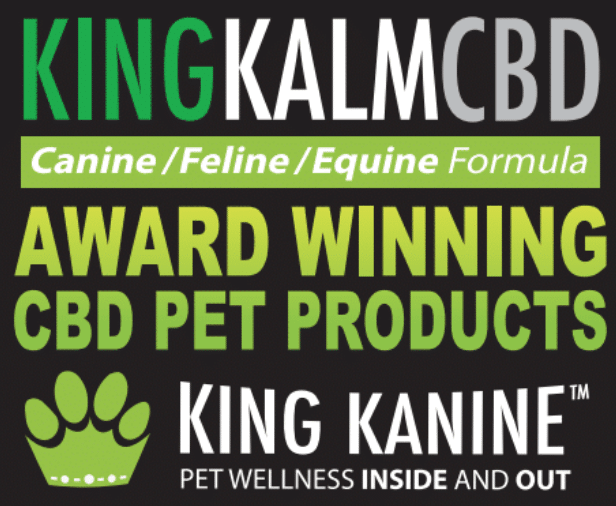 9. Fact: There are Several Ways to Enjoy the Benefits of CBD
9. Fact: There are Several Ways to Enjoy the Benefits of CBD
CBD doesn’t come in a one-size-fits-all package.
The world of CBD extends far beyond the CBD oil you might be familiar with. Don’t want to take CBD in the form of an oil or tincture?
You might want to try a capsule, which makes taking CBD as simple as popping a supplement.
Other ways to get a regular dose of CBD include: vaping, edibles, and topicals. Vaping CBD is known to offer the quickest effects, while edibles take the longest to kick in.
Regardless, there are several ways to enjoy the benefits of CBD…the fun part is trying everything out until you find what works best for your personal needs.
10. Fact: CBD is Easy to Attain and Available Pretty Much Everywhere
Interested in trying CBD?
You won’t have any trouble finding it. Even if it’s not available at your local health food store, thanks to the internet, high-quality CBD is available pretty much everywhere.
You can click here to see some of our favorite products (and get a sweet deal when you do).
Most CBD companies will ship anywhere in the US.
You can even buy CBD on Amazon (although you might want to read about what to look for here).
Final Thoughts
If you had questions about the truth regarding CBD, we hope this article cleared a few things up for you.
We’re here to educate and empower the people to make the most informed decisions they can when it comes to purchasing high-quality CBD.
Have more questions?
Please comment below, and we’ll do our best to clear up any lingering confusion you might have surrounding the myths and facts of CBD.
Product Showcase: Want the best CBD for your dog? Then you need King Kanine CBD, a brand which makes some of the best tasting CBD treats for dogs out there.
Click here to read our full King Kanine review
King Kanine has partnered with CBD School to sponsor this educational post and hand out a coupon code to get a discount on any of their fine CBD or non-CBD products. Use code cbdschool10 to claim your discount.
 epi
epi


